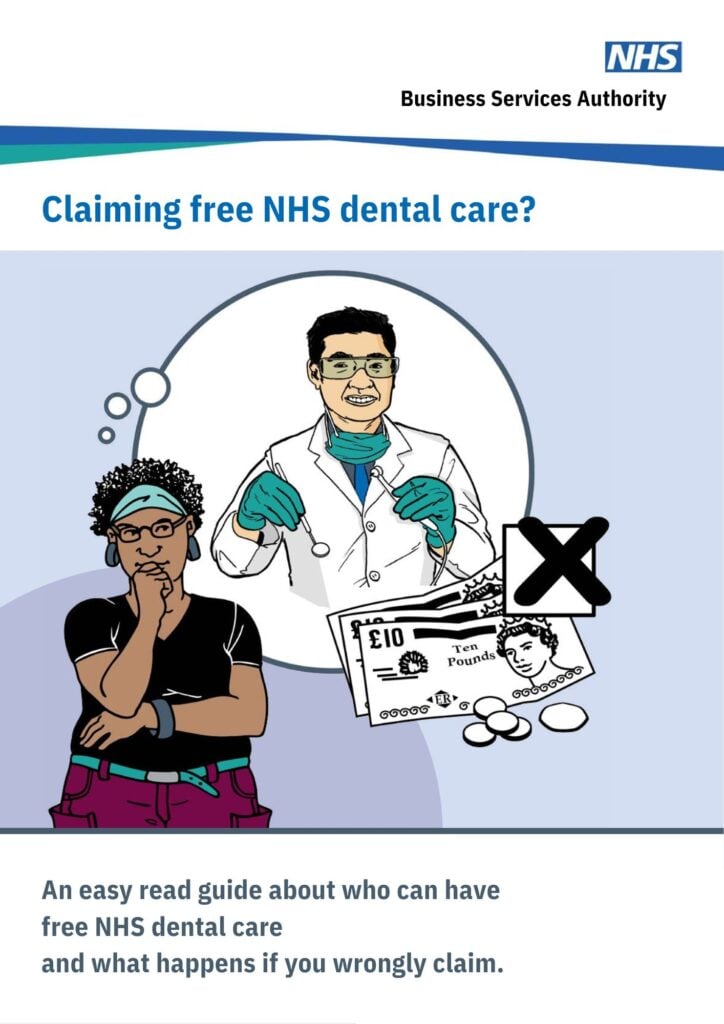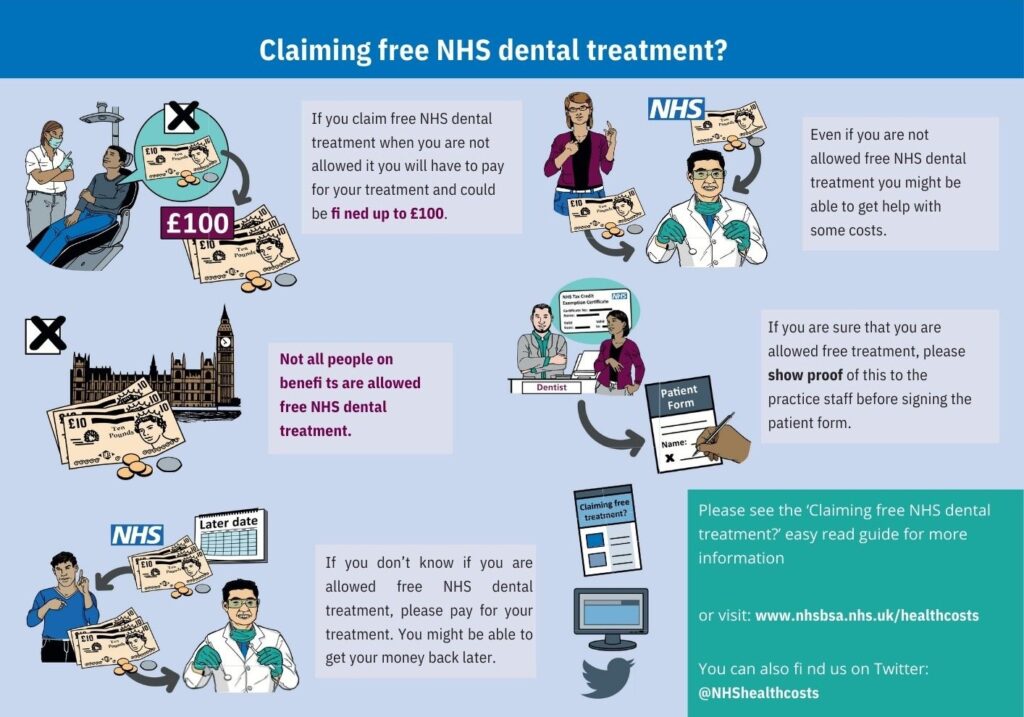From 01 April NHS Dental Charges have increased by 2.3%1. This brings the charges for the NHS bands to:
Band 1: £27.40
Band 2: £75.30
Band 3: £326.70
Urgent dental treatment: £27.40
Within the bands of treatment it’s important to remember that there is still variation. For example, a Band 1 course of treatment may include a scale and polish if considered clinically necessary. If, however, the scaling required is extensive, perhaps in the case of gum disease, this may be a Band 2 course of treatment. If a scale is not clinically necessary then private referrals may be recommended.
White fillings may be included in a Band 2 course of treatment, again depending on clinical necessity. In some cases an amalgam filling may be more appropriate. Root canal treatment and wisdom tooth extraction may involve a referral to another service depending on complexity.
More detail about NHS dental services is available on the NHS website: https://www.nhs.uk/nhs-services/dentists/how-much-will-i-pay-for-nhs-dental-treatment/
As well as increasing NHS dental charges there have been changes to exemption criteria. It is important to make sure that you are eligible to claim exemptions from NHS dental (and other) charges because if you claim exemption when you are not eligible you may be eligible for a fine, even if the mistake is genuine.
From 05 April tax credit payments from HM Revenue & Customs (HMRC) ended. Those with a tax credit exemption certificate will no longer receive automatic entitlement to NHS dental charge exemption. People on tax credits should have been moved to Universal Credit from 05 April, and must meet new Universal Credit criteria to be exempt from NHS dental charges as explained in the document “claiming free NHS dental care“2.
The NHS BSA manages patient charges, and all dental payments, and has produced the following information:

From 1 September 2021, any time a patient makes a declaration that they are entitled to free or reduced cost NHS dental treatment, the dental practice must ask them to complete and sign a declaration form (FP17PR) before any treatment begins, and to produce evidence.
The NHS Business Services Authority (NHSBSA) has produced guidance to help primary care contractors understand their legislative
requirements, follow the correct procedure, and provide support to patients.
Not all benefits entitle people to help with health costs. Patients can find out if they’re entitled to free or reduced cost NHS dental treatment and help with other NHS costs using the online eligibility checker at www.nhsbsa.nhs.uk/check
Full guidance and information for dentists is available on the NHSBSA website: https://www.nhsbsa.nhs.uk/compass/resources-dental-practices

- https://www.nhs.uk/nhs-services/dentists/how-much-will-i-pay-for-nhs-dental-treatment/ ↩︎
- https://www.nhsbsa.nhs.uk/check-if-you-have-nhs-exemption/nhs-tax-credit-exemption-certificates#:~:text=Tax%20Credit%20payments%20made%20by,full%20help%20with%20health%20costs. ↩︎
